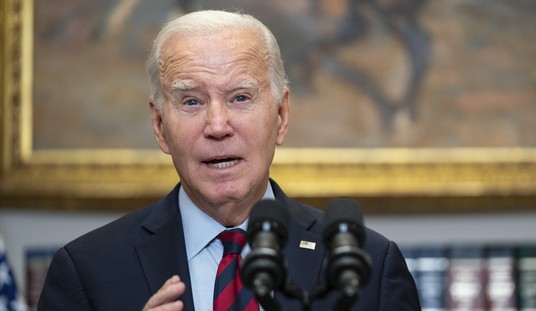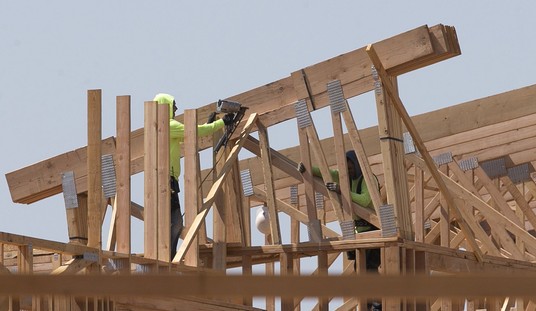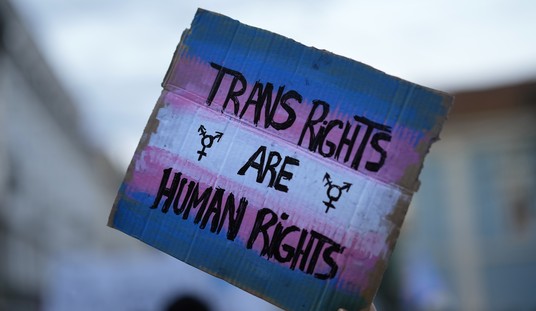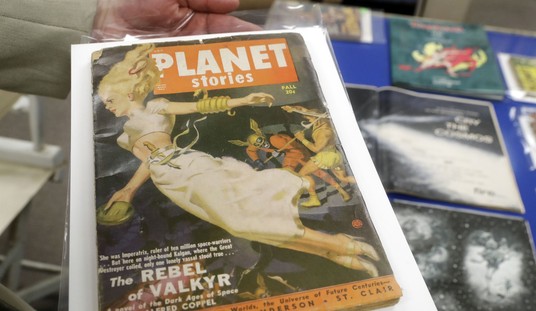In a rare bit of bipartisanship, the United States House just moved as one Wednesday on H.R. 3388 to get self-driving cars on the road as early as 2020. This is good news for those who anticipate that their celebration or lamentation of the next presidential election will lead to excessive alcohol consumption.
The bill in its current form might be construed as troubling to some. Introduced by Representative Robert Latta (R-Ohio) in July, it was meant to give the National Highway Traffic Safety Administration the authority to provide safety measures for autonomous vehicles.
A 2014 study by the same administration found that 94 percent of vehicular crashes are caused by human error. Humans are typically the only species that drives, so this is not surprising, but it might indicate that 6 percent are due to equipment failure or other uncontrollable hazards. This puts self driving vehicles in a potentially good light.
The bill, in addition to safety measures, also addresses issues of cyber security, the privacy of drivers, and even included an alert to remind adults that children are seated in the back of the car. It sounds great!
Here is the part from a Reuters report that is Of Concern:
“The House measure, the first significant federal legislation aimed at speeding self-driving cars to market, would allow automakers to obtain exemptions to deploy up to 25,000 vehicles without meeting existing auto safety standards in the first year. The cap would rise over three years to 100,000 vehicles annually.”
Okay, maybe current safety regulations are too strict for self-driving cars. After all, they wouldn’t need to have a steering wheel or brakes that humans can access. If passed, the bill would set in motion the drafting of many standards for vehicle certification. So the other issue Of Concern is that the bill takes away some power from the states to decide.
Wired reports the bill as “one reg to rule them all,” while Tech Crunch explains, “This legislation would also supersede state-by-state rules, making it possible for autonomous testing to proceed on a level playing field across the U.S.”
This seems to be a dig at California, which unsurprisingly has been perceived by Apple, Tesla, and Ford to have instituted onerous reporting guidelines and weight standards on test vehicles. So this might have less to do with what you can do with your car in Arkansas versus Alaska, and more to do with making it easier to do business.
Overall, this bill seems pretty cool for the disabled, the drunk, and the sleepy with a side of “But what about Skynet?” and a pinch of “I’m watching you, Federal Government.” The best part of driving in Nevada is going 80 MPH legally; one hopes the feds don’t take away that simple joy when more ‘bots are in control. We’ll see what the Senate does.














Join the conversation as a VIP Member